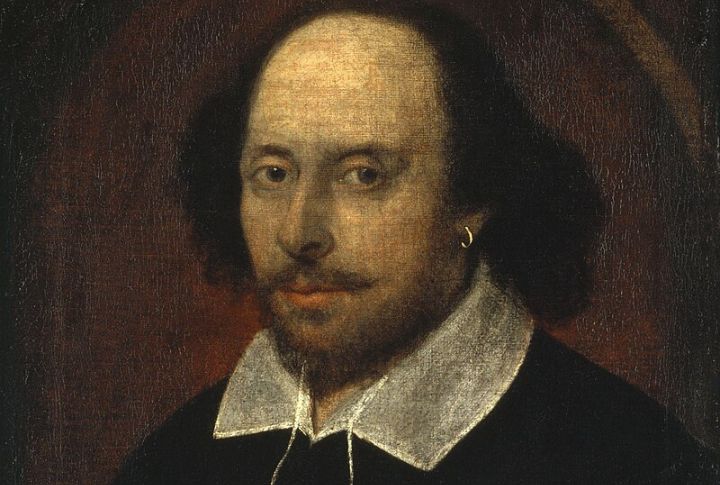
Shakespeare’s life was anything but ordinary, filled with mysteries and unexpected twists. While his plays have stood the test of time, his personal journey is filled with intriguing gaps and a legacy that goes beyond the stage. Let’s look at ten secrets that will completely change how you see the Bard.
The Elusive Lost Years

Between 1585 and 1592, little is known about Shakespeare’s life. Did he teach in a small town? Could he have wandered the countryside as an actor? The lack of records during these years leaves room for speculation, making it one of the most intriguing gaps in his biography.
A Playwright With Business Acumen

Not just a creative genius, Shakespeare knew how to make money. By investing in the Globe Theatre, he became more than just a writer—he became a businessman. Owning shares in his acting company ensured a steady income, even as the constantly changing world of theater presented challenges.
Plays That Speak to Power

Shakespeare’s works also held up a mirror to the politics and power struggles of his time. In “Julius Caesar,” he explored betrayal and the dangers of unchecked authority. Whereas plays like “King Lear” critiqued leadership and governance. The political commentary embedded in his works remains as relevant now as ever.
Coining Words for the Ages

Can you imagine a world without the words “bedroom,” “dwindle,” or “swagger?” Shakespeare is credited with inventing approximately 1,700 words, many of which are still part of the modern English vocabulary. His ability to bend and twist language made him a pioneer and shaped the way we speak and think to this day.
Competition Breeds Innovation

Shakespeare had formidable competitors. One such rival was Christopher Marlowe, whose bold plays like “Doctor Faustus” pushed Shakespeare to sharpen his own craft. Their rivalry drove both playwrights to reach new heights in their works, with Shakespeare often experimenting with themes to outdo Marlowe’s successes.
The Authorship Question

For centuries, people have questioned whether Shakespeare really wrote all those brilliant plays. Theories abound, with figures like Edward de Vere and Francis Bacon suggested as the true authors. Despite overwhelming evidence supporting Shakespeare’s authorship, the mystery persists. So, is the Bard’s true identity hiding in plain sight?
Courtly Connections and Royal Patronage

Elizabeth I helped Shakespeare become famous. Many of his works were performed at the royal court, with the Queen herself being an avid patron of the arts. This royal connection allowed Shakespeare’s theater troupe to thrive, giving him opportunities to write plays specifically tailored for the court’s enjoyment.
A Family Legacy Beyond the Stage

Shakespeare’s children were key to preserving his legacy. His daughter, Susanna, played a pivotal role in ensuring his work was printed after he was gone. In 1623, she helped publish the First Folio, which contained 36 of her father’s plays. Without her efforts, much of his work might have been lost to history.
The Saving Grace of the First Folio

Imagine a world where “Macbeth” and “The Tempest” were never written down. That could have happened if not for the “First Folio,” compiled by Shakespeare’s colleagues seven years after his death. This monumental collection preserved 36 of his plays, which ensured that future generations would experience his genius.
The Enigma of His Death

Shakespeare passed away in 1616, and his life was as mysterious as his. While the official cause is listed as fever, rumors abound. Some suggest he succumbed to illness after a night of heavy drinking. What makes his death even stranger is that he died on his 52nd birthday, which adds an eerie symmetry to his life.

